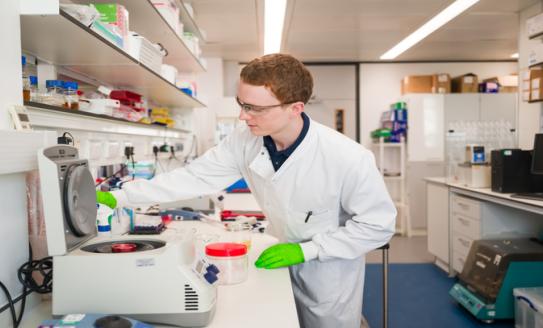New
Image

09.12.2025
Resetting the immune system to cure type 1 and a new drug to stop reti...
We take a look at some of the exciting diabetes research developments announced in November 2025, and wha...
customer support
customer support
From new clues as to why type 1 diabetes is more aggressive in young children to a new drug that could help prevent sight loss in people with diabetes, here are some of the diabetes research developments announced in November.
Read more